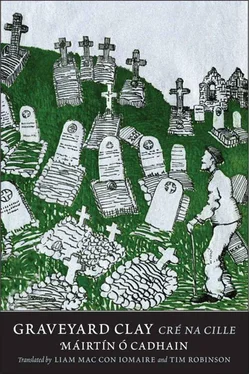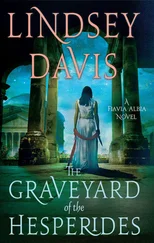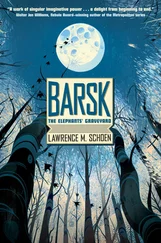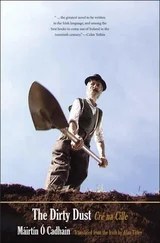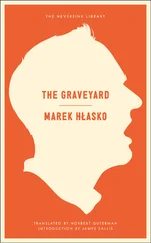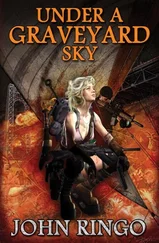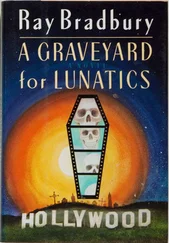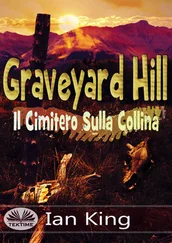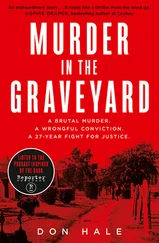Anyway, you did your best for me about the will, Master. You had a hand for the pen, Master. I often saw you writing a letter, and I used to think that your pen was able to blacken paper with words as fast as I could put stitches on a stocking … “May the Lord have mercy on the poor Big Master,” I used to say. “He was so obliging. If God had granted him more time he would have got the money for me …”
I think the Schoolmistress — your wife I mean, Master — will soon be setting up house again. And why wouldn’t she? A strong active young woman still, God bless her … I beg your pardon, Master! Don’t heed anything I say. I’m always rattling on like that, but sure a person can’t help that … Master dear, I shouldn’t have told you at all. You’ll be worrying about her. I thought it would warm the cockles of your heart to hear the Schoolmistress was getting married again …
Now Master, you’ll have to forgive me … I’m not a gossip … Don’t ask me to name the man, Master. Ah now, Master dear, don’t ask me that! … If I’d known it would upset you so much I wouldn’t have mentioned it at all …
So she swore and she promised that if you died she’d never marry another man! Ah! Master dear! … Did you never hear: after the vows the women are easiest … You weren’t even cold, Master, when she had her eye cocked at another man. I think, between ourselves, she was always a bit flighty …
The Small Master? … Indeed it’s not … The Wood of the Lake Master? … That’s a decent man, Master. Never touches a drop. Himself and the Parish priest’s sister are to be married soon — that dark miserable little slip who wears trousers. They say he’ll get the new school then …
Indeed it’s not the Red-haired Policeman either. They say he has a fine stump of a nurse on a string in Brightcity … it’s not the seed potato man 17either … Guess away now, Master. I’ll tell you if you guess right … Padeen’s gone to England, Master. The lorry was taken off him and sold. There wasn’t a road he travelled buying turf that he didn’t leave a string of debts after him. Guess again, Master … The very man himself, Master, Billyboy the Post! You did well to guess him. You have a great head on you, Master, whatever anybody says …
Look out for yourself with Nóra Sheáinín. I could tell you things, Master … Oh! Put that bit of news out of your mind, Master, and don’t let it bother you in the least … I’m inclined to agree with you, Master. It was more than letters brought Billyboy round the house … Ah! Master, she was always a little bit flighty, your wife was …
5
— … They were sent over as plenipotentiaries to arrange a peace treaty between England and Ireland …
— I tell you that’s a damned lie. They were only sent as delegates, and they exceeded their authority. They committed treachery and the country bears the marks of it …
— … A bald-faced mare. She was the best. It was no bother to her to pull a ton and a half …
— … By the oak of this coffin, Nóra Sheáinín, I gave Caitríona the pound …
— … “Mártan Sheáin Mhóir had a daughter
And she was as broad as any man
She’d stand away up on a height …”
— … Oh! To hell with your England and her markets. Worried you are about the few pence you have in the bank. Hitler is my darling! …
— … Now Cóilí, I am a writer. I have read fifty books for every book you have read. I’ll have the law on you, Cóilí, if you suggest that I’m not a writer. Did you read my last book, The Jellyfish’s Vision? … You did not, Cóilí? … I beg your pardon, Cóilí. I’m very sorry. I had forgotten that you cannot read … It is a mighty powerful story, Cóilí … And I have three and a half novels, two and a half plays and nine and a half translations sent to An Gúm, 18and another short story and a half, The Setting Sun . It is my greatest regret that The Setting Sun was not in print before I died …
If you intend to take up writing, Cóilí, remember that it is taboo for An Gúm to publish anything that a daughter would hide from her father … I beg your pardon, Cóilí. I am sorry. I thought you intended to write. But for fear you should ever experience that divine urge … There is not a single Irish speaker who does not feel it at some time of life … The elements on these western shores are to blame, they say … I’ll give you a few bits of advice. Now, Cóilí, don’t be unmannerly. It is a moral obligation on every Irish speaker to find out if he has the gift of writing, especially the gift of short-story writing, of drama and of poetry … These last two gifts are much commoner even than the gift of short-story writing, Cóilí. Poetry, for example. All you have to do is start writing from the bottom of the page up … or else start writing from right to left, but that is not nearly as poetic as the other way …
I beg your pardon, Cóilí. I am extremely sorry. I forgot that you cannot read or write … But the short story, Cóilí … I will explain it to you like this. You have drunk a pint of porter, have you not? … Indeed, I understand … You often drank a pint of porter … Never mind how many you drank, Cóilí …
— I drank two score pints and two, one after the other …
— I know that … Wait a minute now … Good man! Let me speak … Cóilí, have an ounce of sense and let me speak … You have seen the head on a pint of porter. Froth, is it not? Worthless dirty froth. And yet, the more of it there is the greedier people are for the pint. And when a person is gulping the pint he’ll drink it dregs and all, insipid though it be. Do you see now, Cóilí, the beginning and middle and end of the short story? … Mind you don’t forget, Cóilí, that the end must leave a bitter taste in your mouth, the taste of the divine hangover, the urge to steal fire from the gods, the longing for another bite at the forbidden fruit … Look at the way I would have ended The Re-Setting Sun , which I was working on when I dropped dead with a spasm of writer’s cramp:
“After the girl had uttered that fateful word, he turned on his heel and went out of the stuffy room into the evening air. The western sky was darkened by thick clouds pressing in from the sea. And a little hang-dog sun was going to ground behind Old Village Hill …” That is the tour de force , Cóilí: “little hang-dog sun going to ground”; and I may as well remind you that after the last word the final line must be generously sprinkled with dots, writer’s dots as I call them … But perhaps you would have the patience, Cóilí, to listen while I read you the whole work …
— Hold on now, my good man. I’ll tell you a story: “Long long ago there were three men …”
— Cóilí! Cóilí! There’s no artistry in that story: “Long long ago there were three men …” That’s a hackneyed beginning … Now, Cóilí, hold on a minute. Allow me to speak. I consider myself a writer …
— Shut your mouth, you windbag. Go ahead, Cóilí …
—“Long long ago, and a long time ago it was, there were three men. There were three men long ago …”
— Yes, Cóilí …
—“There were three men long ago … Indeed there were three men long ago. Apart from that, we don’t know what became of them …”
— … “And by my book, 19Jack the Scológ 20…”
— … Five times eleven is fifty-five; five times thirteen … five times thirteen … we don’t learn that one at all … Now then, Master, don’t I remember them! … Five times seven, is that your question, Master? Five times seven is it? … five times seven … seven … hold on a tick now … five times one is five …
6
Читать дальше
